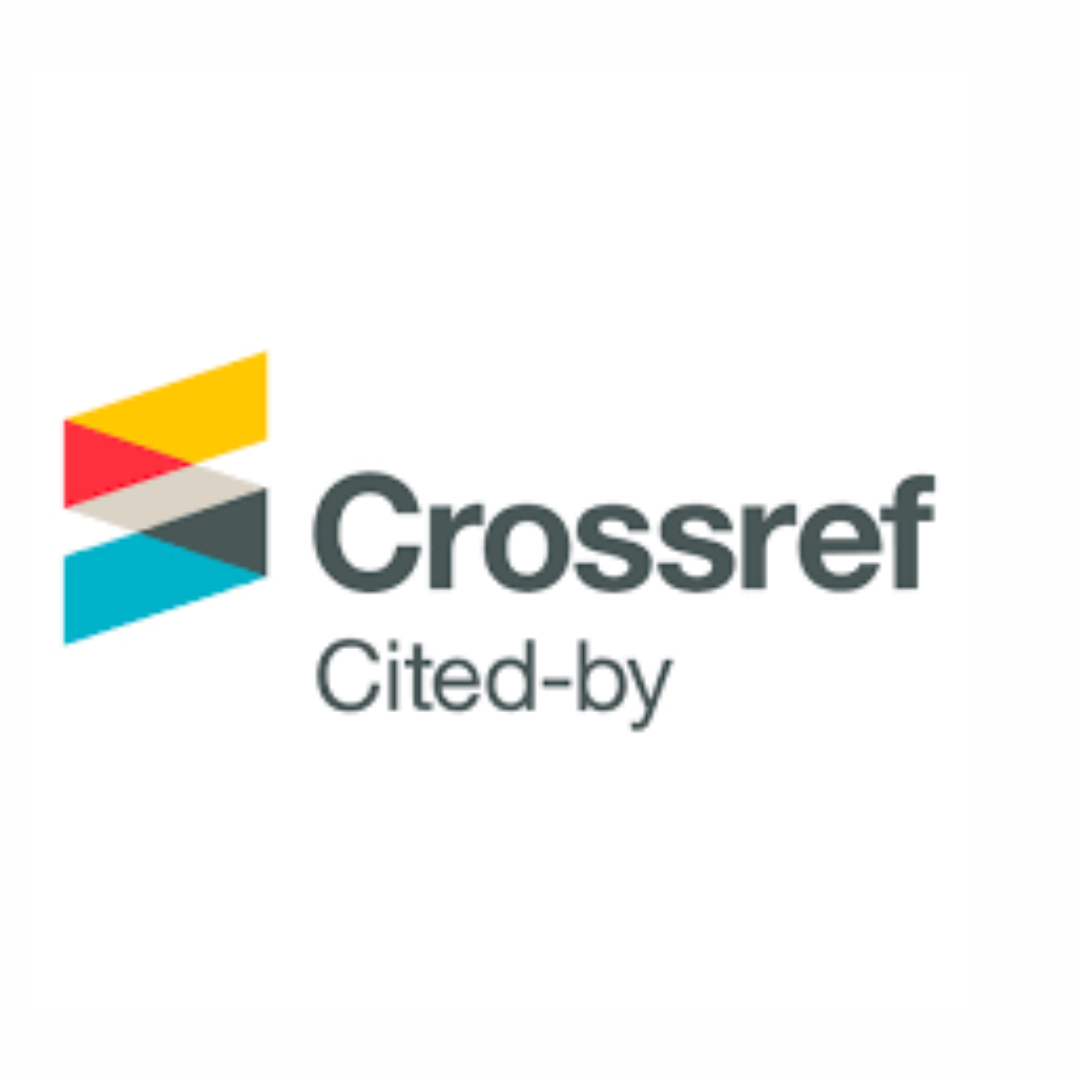INCIDENCIA DE LA ALTERIDAD FAMILIAR EN EL DESARROLLO DE CONDUCTAS VIOLENTAS EN TIEMPOS DE COVID 19.
DOI:
https://doi.org/10.53528/geoconexes.v1i1.31Keywords:
Family otherness, violence, covid 19, social confinementAbstract
The current reality establishes the need to analyze how family alterity affects the development of violence from the articulation of a new reality framed in the COVID-19 pandemic, through revealing the elements that affect the development of violence, as a representation of the new scenarios of daily life and in which greater participation is perceived as a result of the social confinement. In this sense, it must be taken into account that the social condition of man has a philosophical seat that dictates rules regarding conduct and behavior that must be carried out for its harmony in social life, although sometimes coexistence faces imbalance or conflict, which can be resolved peacefully or violently, but in isolation it cannot be denied that both situations coexist. Given this, a different reaility is perceived as a result of the confinement where families have had to reinvent themselves to give way to new forms of configuration as a result of ensuring their food and this has resulted in the development of new forms of violence among the family awakening the need that there is a policy of public interaction to solve the situation.
References
Castillo, L. (2011) El acoso escolar: De las Causas, origen y manifestaciones a la pregunta por el sentido que le otorgan los actores [Resumen en Línea] Revista internacional de investigación en educación 4(8) pp.415-428. Disponible: http://revistas.javeriana.edu.co/index.php/MAGIS/article/viewFile/3572/2687 [Consulta: 2020 Noviembre
Chong, I. (s/f). Métodos y técnicas de la investigación documental. Edición. Madrid: Narcea.
Echeburúa, E., y De Corral, P. (2016). Manual de violencia escolar. México: Siglo XXI.
Erickson, F. (1989). Métodos cualitativos de investigación sobre la enseñanza. In M. Wittrok (Ed.), La investigación de la enseñanza II. Métodos cualitativos de observación. Barcelona: Paidós MEC. Pp. 203-47.
Fernández, B. (2006). Módulo: Introducción a la Investigación Cualitativa. Taller Sucre, Bolivia.
Freud, S. (1970). El malestar en la cultura. Ediciones Akal.
González, K. (2000). Historia del Pensamiento Filosófico y Científico. Barcelona: Editorial Herder. S.A.
González, F. (2010). Historia del Pensamiento Filosófico y Científico. Barcelona: Editorial Herder. S.A.
Martínez, M. (2003). Ciencia y arte en la metodología cualitativa. Editorial Trillas: México.
Martínez M. (2016). Argumentos de razón técnica: Revista española de ciencia, tecnología y sociedad, y filosofía de la tecnología, ISSN 1139-3327, Nº 19, 2016, págs. 13-26
Merayo, M. (2013) Acoso Escolar. [Documento en Línea] Disponible: https://www.ceapa.es/sites/default/files/.../Guia%20acoso%20escolar%20CEAPA.pdf [Consulta: 2017 Noviembre]
Montilva, J. Celis, M. Rosenzweig, P. Benítez, S. Silva, A. Carrillo, D. (2020) Un modelo para abordar la crisis ocasionada por el COVID-19. Revista Ciencia e Ingeniería. Vol. 41, No. 3 pp. 349-362
Navarro, M. Buezo, A. Carías, C. Deras, M. (2011) Mediación Escolar; como estrategia para la resolución de conflictos y mejora de la comunicación entre iguales.
Ortega, A. (2013). Manifestaciones de la agresión verbal entre adolescentes escolarizados. Tesis presentada para la Universidad de Cuenca, en Ecuador.
Palella, S &Martins, P (2010). Metodología de la investigación cuantitativa. FEDUPEL.
Pérez, A. (1998). Guía Metodológica para Anteproyecto de Investigación. 2° Edición. FEDUPEL Universidad Pedagógica Experimental Libertador. Caracas Venezuela.
Strauss y Corbin (2002). Bases de la investigación cualitativa. Técnicas y procedimientos para desarrollar la teoría fundamentada. Universidad de Antioquia, Colombia.
Torre de la, S. (1997). Investigación y métodos. El proceso de acción. Madrid: Dykinson.
Tubert, S. (2018). Psicoanálisis, feminismo y posmodernismo. Barcelona: Lulu Editores.
Downloads
Published
How to Cite
Issue
Section
Categories
License
Copyright (c) 2021 Eliana Palacios Carrillo

This work is licensed under a Creative Commons Attribution-ShareAlike 4.0 International License.
A revista se reserva o direito de efetuar, nos originais, alterações de ordem normativa, ortográfica e gramatical, com vistas a manter o padrão culto da língua e a credibilidade do veículo. Respeitará, no entanto, o estilo de escrever dos autores. Alterações, correções ou sugestões de ordem conceitual serão encaminhadas aos autores, quando necessário.
<a rel="license" href="http://creativecommons.org/licenses/by-nc/4.0/"><img alt="Creative Commons License" style="border-width:0" src="https://i.creativecommons.org/l/by-nc/4.0/88x31.png" /></a><br />This work is licensed under a <a rel="license" href="http://creativecommons.org/licenses/by-nc/4.0/">Creative Commons Attribution-NonCommercial 4.0 International License</a>.











